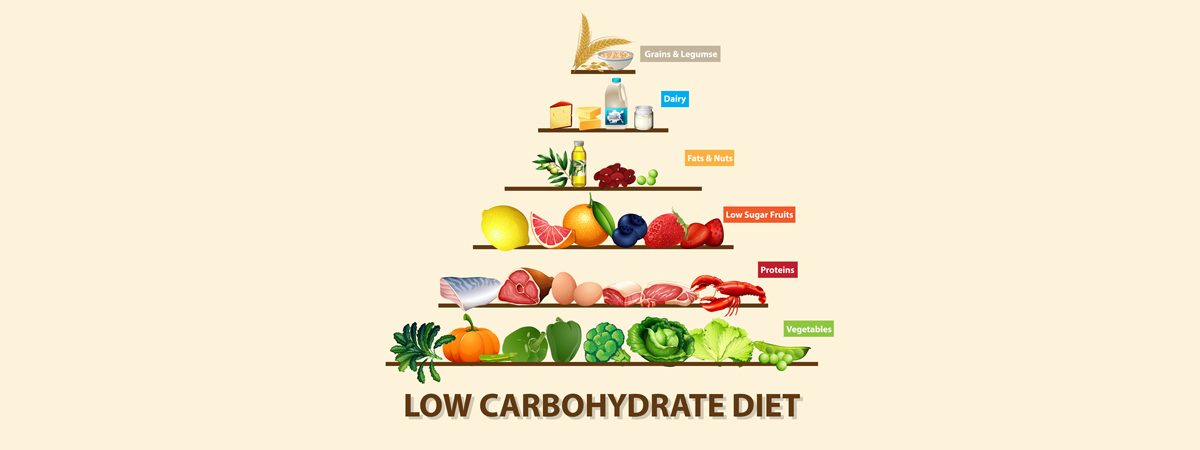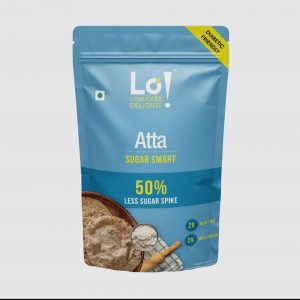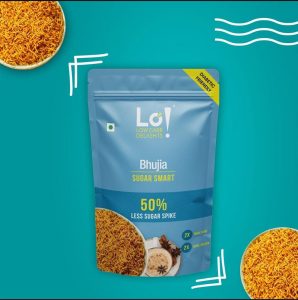The Best Snack Is a Smart Snack. Are You in on It?

You just got done with a really long afternoon office call, as you are taking a sigh of relief. You see some masala chai and methi mathri or murukku coming your way. Or it’s a rainy weekend, and you go on a drive with your friends or family, and suddenly you smell the aroma of hot and delicious pakoras or samosas. How can you say no?! And even if you do say no, you can say it once or twice. But not for the rest of your life.
Here’s the thing though, if you are someone who has prediabetes or type 2 diabetes, then it becomes more important to say no. But is it sustainable? Of course not! How long can you go through life saying no to snacks? But let us understand why it is important to correct your snacking habits to make sure your blood sugar levels stay in the normal range.
Think of a common Indian snack – chakli (murukku), mathri, samosa, pakodas (bhajjias), kachori, farsan, khaman, and chaat. All these are not only high in calories, but they are also high in carbs and bad fats or triglycerides. Because more often than not the main ingredient is a refined grain followed by added sugar and high levels of saturated fat. All these delicious as they may be are a recipe for disaster when it comes to your blood sugar levels. Carbohydrate content in food has the highest impact on your blood sugar levels. So when you choose from any of the traditional options available then all your other efforts to eat healthily are invalidated.
So what’s the solution? No snacks forever? Not at all! The solution is a low carbohydrate and high good fat (unsaturated fats from nuts, seeds, fish, and some vegetable oils).
What are these snacks?
1. Don’t switch, just mix:
When people get prediabetic or diabetic and are asked to switch out the atta. They just replace one grain/cereal with the other. Wheat becomes bajra, bajra becomes jowar, and jowar becomes ragi. But this is not about choosing the healthiest grains. It’s about choosing a mix of grains, nuts, and seeds like the Lo Foods Sugar Smart Atta. This ultra-low GI atta is made from a combination of grain, nuts, and seeds along with methi seed powder resulting in a 50% less post-prandial blood sugar spike. You can use this atta to make snacks, such as baked mathri, murruku, farsan, etc.
2. Cheat better:
Following a restrictive diet for the rest of your life is not possible. You will obviously be tempted to cheat. But what if you could cheat smarter. Eating snacks that are low in carbohydrates and bad fats. Like this Lo Foods Sugar Smart Bhujia, made with ingredients that combine healthy flours, nuts, seeds, and vegetable oils. It is free from maida, sugar, and preservatives. It is still a cheat meal but it is a cheat meal that will raise your post-prandial blood sugar 50% less than any other snack.
3. Never forget portion control:
Prediabetes and diabetes even when reversed are not permanent. You have to make efforts to keep your blood sugar in control for the rest of your life. And the one thing that makes it easy to do things for the rest of your life is to make it a habit. You have to make portion control a habit so you can hack your brain to keep your blood sugar within the normal range even when you cheat.
Fittertake:
Hacks are great to make your life easy. But when it comes to metabolic conditions such as prediabetes and diabetes, it is best to take a sustainable and comprehensive approach. Fitterfly’s team of India’s leading nutritionists, physiotherapists, and psychologists can help you understand your body and health condition better so you can learn all the hacks out there to effectively manage and reverse your diabetes by making small and sustainable changes to your lifestyle. Their programs Diabefly Pro and Diabefly Reverse are scientifically proven to reduce your HbA1c and help you learn how to maintain it. By creating personalized nutrition plans using PGR (personalized glycemic response) to help you eat what you love in a way that will not spike your blood sugar.
This blog provides general information for educational and informational purposes only and shouldn't be seen as professional advice.














